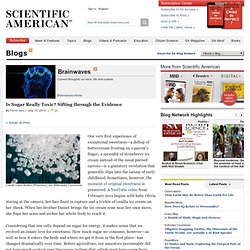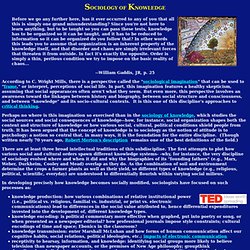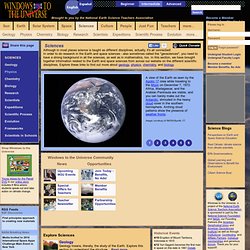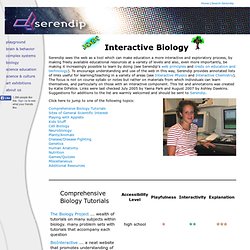

Is Sugar Really Toxic? Sifting through the Evidence. Credit: Lauri Andler (Phantom), via Wikimedia Commons Our very first experience of exceptional sweetness—a dollop of buttercream frosting on a parent’s finger; a spoonful of strawberry ice cream instead of the usual puréed carrots—is a gustatory revelation that generally slips into the lacuna of early childhood.

Sometimes, however, the moment of original sweetness is preserved. A YouTube video from February 2011 begins with baby Olivia staring at the camera, her face fixed in rapture and a trickle of vanilla ice cream on her cheek. When her brother Daniel brings the ice cream cone near her once more, she flaps her arms and arches her whole body to reach it. Considering that our cells depend on sugar for energy, it makes sense that we evolved an innate love for sweetness.
For more than 400 years, sugar remained a luxury in Europe—an exotic spice—until manufacturing became efficient enough to make “white gold” much more affordable. Credit: Romain Behar, via Wikimedia Commons. The Carl Sagan Portal. Which Came First the Galaxy or the Black Hole Video. THE SOCIOLOGY OF KNOWLEDGE. Before we go any further here, has it ever occurred to any of you that all this is simply one grand misunderstanding?

Since you're not here to learn anything, but to be taught so you can pass these tests, knowledge has to be organized so it can be taught, and it has to be reduced to information so it can be organized do you follow that? In other words this leads you to assume that organization is an inherent property of the knowledge itself, and that disorder and chaos are simply irrelevant forces that threaten it from outside. In fact it's exactly the opposite. Order is simply a thin, perilous condition we try to impose on the basic reality of chaos... --William Gaddis, JR, p. 25 According to C. There are at least three broad intellectual traditions of this subdiscipline. In developing precisely how knowledge becomes socially modified, sociologists have focused on such processes as: How does one know what knowledge is factual in this medium, what ideas are worthy of our attention? Free university lectures - computer science, mathematics, physics, chemistry.
Whether your goal is to earn a promotion, graduate at the top of your class, or just accelerate your life, lectures can help get you there.

Our archives of lectures cover a huge range of topics and have all been handpicked and carefully designed by experienced instructors throughout the world who are dedicated to helping you take the next step toward meeting your career goals. Lifelong learns can turn their free time turn into self-improvement time. The online lectures on this list are more than lecture notes or a slideshow on a topic -- they were designed for audiences like you, with carefully sequenced themes and topics taught by veteran educators, and often with additional resources for your own independent study.
Science Clarified. Subjects. 10 Amazing Science Books That Reveal The Wonders Of The Universe. Scientific Method. Lateral Science: Main Page. Free Physics Video Lecture-Lecture - 1 Introduction to Quantum Physics;Heisenberg's uncertainty principle. Sciences. A view of the Earth as seen by the Apollo 17 crew while traveling to the Moon on December 7, 1972.

Africa, Madagascar, and the Arabian Peninsula are visible, and you can barely make out the Antarctic, shrouded in the heavy cloud cover in the southern hemisphere. Arching cloud patterns show the presence of weather fronts. Image courtesy of NASA/Apollo 17. Alkali metals in water, accurate! Science. Interactives Archive. Interactive Biology. Interactive Biology Serendip sees the web as a tool which can make education a more interactive and exploratory process, by making freely available educational resources at a variety of levels and also, even more importantly, be making it increasingly possible to learn by doing (see Serendip's web principles and credo on education and technology).

To encourage understanding and use of the web in this way, Serendip provides annotated lists of links useful for learning/teaching in a variety of areas (see Interactive Physics and Interactive Chemistry). The focus is not on course syllabi or notes but rather on materials from which individuals can learn themselves, and particularly on those with an interactive component. This list and annotations was created by Katie DiFelice. Links were last checked July 2005 by Yaena Park and August 2007 by Ashley Dawkins.
Click here to jump to one of the following topics: Additional Resources. Using life science knowledge (K-12)